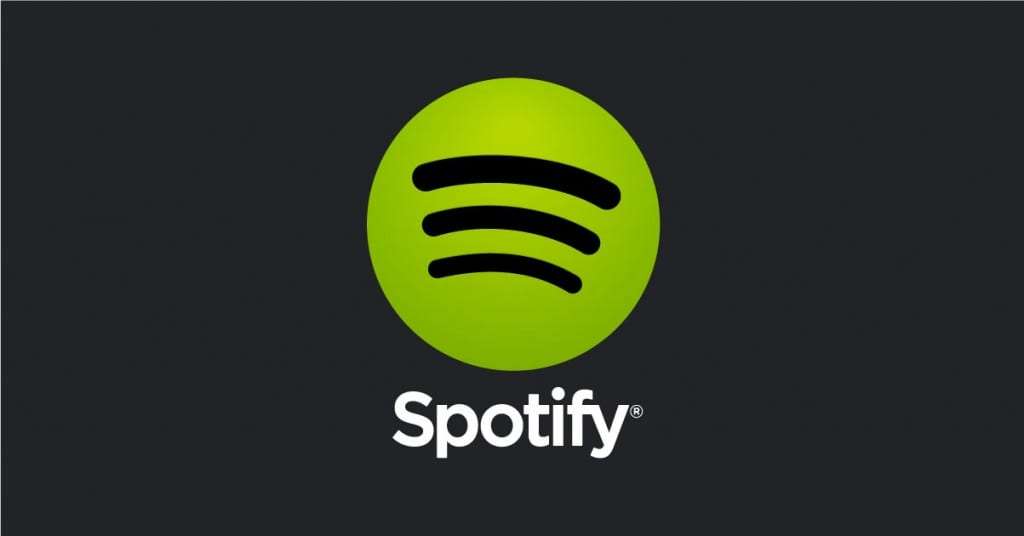Ever since Pandora began its perilous journey to bring streaming music to the masses back in 2000, the face of music distribution has forever been changed. Okay, that might be a bit of an overstatement but it’s at least a little bit true.
In the last four months, Spotify has added over 1m active users in the UK. As it stands, it is poised to overtake iTunes as the largest music distribution service in Europe. According to The Guardian and other sources, Spotify said in March 2013 that globally, it had 24m active users, including 6m paying subscribers. It hasn’t updated those statistics yet, and has been waiting to pass 10m paid subscribers to do so; and it might do just that in the next few months.
Originally, the main source of income for artists back in the day was album sales. However, a survey from January last year showed that among 5,000 U.S. musicians of different genres, on average, only six percent of all revenue comes from recorded music. The numbers are different when looking at major labels, but the majority of producers these days are unsigned or belong to small/new labels like Uplink Audio, Kairos Audio, or Kannibalen Records.
“Some of our partners are saying Spotify is now generating more revenue each month across Continental Europe than iTunes,” Spotify’s head of label relations in Europe, Kevin Brown, told industry site Music Week. “Given that download sales are declining and Spotify is growing rapidly, particularly in the UK, it is only a matter of time before Spotify is bigger than iTunes across Europe as a whole.” Brown also relates that revenue from music streaming in the UK this year is expected to see a 230% increase from last year.
Streaming has become a point of contention for many musicians whose livelihood depends on a combination of music sales and live shows. Even Bette Midler spoke up earlier this month about how egregious it has become, stating that 4,175,149 plays will only equal to $114.11 in revenue. iTunes earlier this year reported a decrease in sales for the first time in it’s history.
“Overall for the full year 2013, digital track sales fell 5.7% from 1.34 billion units to 1.26 billion units while digital album sales fell 0.1% to 117.6 million units from the previous year’s total of 117.7 million, according to Nielsen SoundScan.”
At the same time, streaming services are growing at an unprecedented rate while traditional downloads continue to fall. The Guardian, likewise, detailed that “a sale of a 99 [pence] iTunes download pays out just over 69p to rightsholders, while a Spotify stream averages a payout of between 0.35p and 0.5p.” Though, Spotify has argued that in the long run, streaming leads to greater revenue income “as a royalty is paid every time their track is played.”
Large media-centric companies like Spotify have a history of not stopping when it comes to advancing corporate interests – take a look at Amazon or SFX Entertainment (1) (2) (3) (4). At a certain point, these companies should be held accountable for the careers they demolish, as well as the ones they make.
Let us know your thoughts in the comments below. If you live in the UK, have you been using Spotify more than iTunes?
Source: The Guardian









